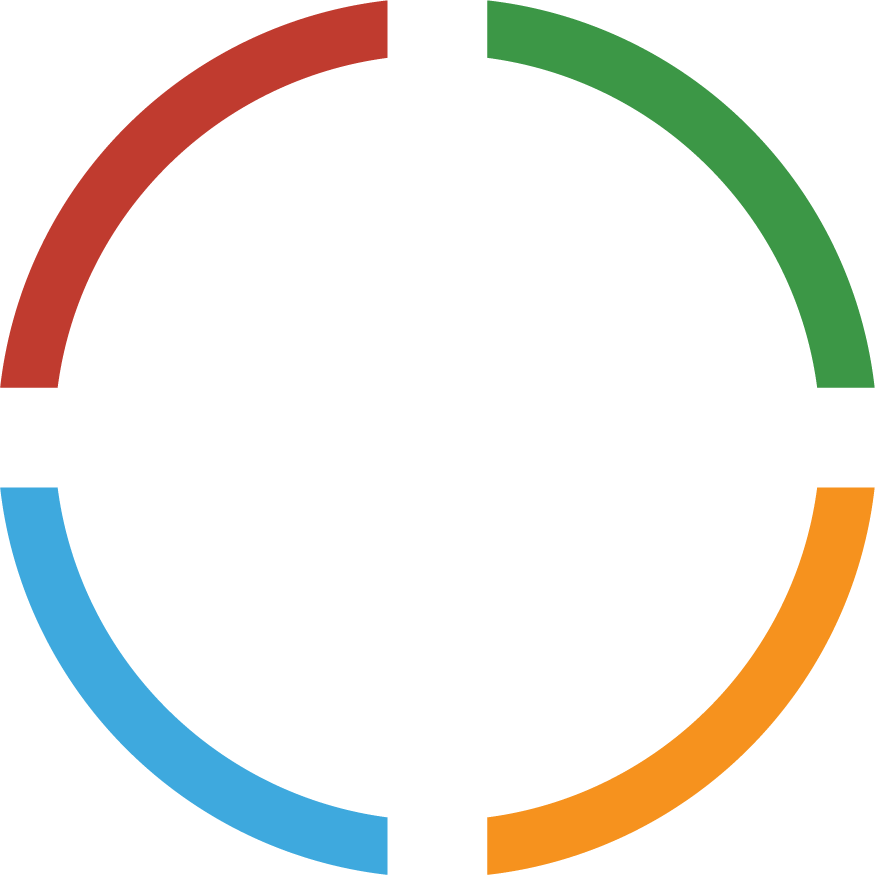Source: The Lead, 25th May 2016
A small pharmacy that set out to simply deliver an improved service for its clients is developing a global product for the growing home infusion market.
South Australian business CPIE Pharmacy Services is preparing to trial prototypes of a single use, portable, electronic drug delivery pump specifically designed for the “Hospital in the Home” sector.
CPIE General Manager Andrew Sluggett said the compact pumps would be able to deliver various infusions including antibiotics, chemotherapy drugs, post-operative pain relief and rheumatoid arthritis treatments.
He said the CPIE product was on track to be available commercially in the second half of 2017 and would likely sell for between AUD$20 and $50.
The company first started looking at developing its own pumps because the electronic and mechanical infusion pumps they were using were not proving effective in the home programs it services for a number of hospitals in Adelaide, the capital of South Australia.
“Electronic pumps are well suited to the hospital environment where you’ve got a lot of people around who can manage it. If you stick that same pump in a home setting you create a whole new set of problems,” Sluggett said.
“The mechanical pump doesn’t make noise at night, they don’t flash, a lot of them don’t have alarms but they’ve got unacceptable accuracy – minimum plus or minus 15 per cent up to 40 per cent.
“Our device maintains the positive features of the electronic device with all the advantages of the mechanical one. “
Home infusions are increasing globally as the health industry looks at ways to increase efficiency and ease the burden on hospital systems. In the United States alone, up to $11 billion is spent on alternate site infusion therapy annual across more than 1500 infusion pharmacies.
In Australia, a recent report found there were 700,000 hospital admissions a year that could be avoided by improved primary care systems.
Sluggett said the simple compact design, functionality, reliability and relatively low price of the CPIE pumps were major selling points.
“We thought we’ve got to make this thing price competitive otherwise you’re not going to even get in the front door,” he said.
CPIE is working with medical device design house Hydrix to develop more prototypes in the coming months to be used in focus groups and demonstrations to clinicians.
Sluggett said the second generation of its pumps would likely incorporate Internet of Things wearable and smart phone technologies to allow remote monitoring. This would enable the devices to liaise directly with health care providers, collect data and monitor performance to ensure correct doses were being delivered.
CPIE Pharmacy Services last month received a BioSA Industry Development grant to help fast-track commercial production of its patent-protected pumps. It has also received support from Flinders University’s Medical Device Partnering Program.
South Australia is emerging as a hub for the medical devices industry.
This month Adelaide hosted the 9th annual AusMedtech conference for the first time.
The city is also home to the new Adelaide BioMed City precinct, a $3 billion tripartite health hub comprising a soon-to-be-completed major hospital, research centres and educational institutions.
Given the opportunities in South Australia, Sluggett said he was confident the devices could be manufactured locally.
“There’s going to be small scale uptake very quickly – I’m going to use it in our business and now my colleagues interstate are interested. We’ve also got a national distributor who is very keen on it,” Sluggett said.
“We know we have to go to Australia first and the United States is right behind it but now we are looking at the Southeast Asian countries as well.
“We were originally just going to design this for South Australia, now we’re thinking global.”
